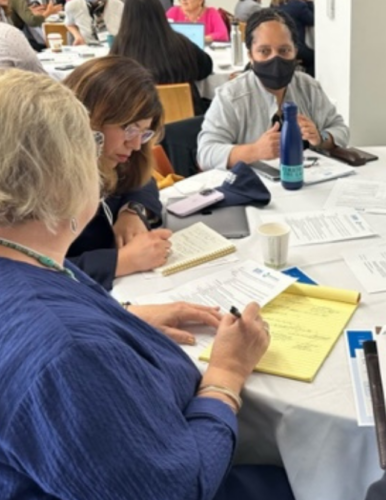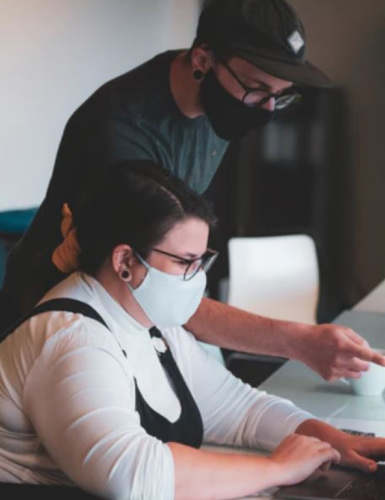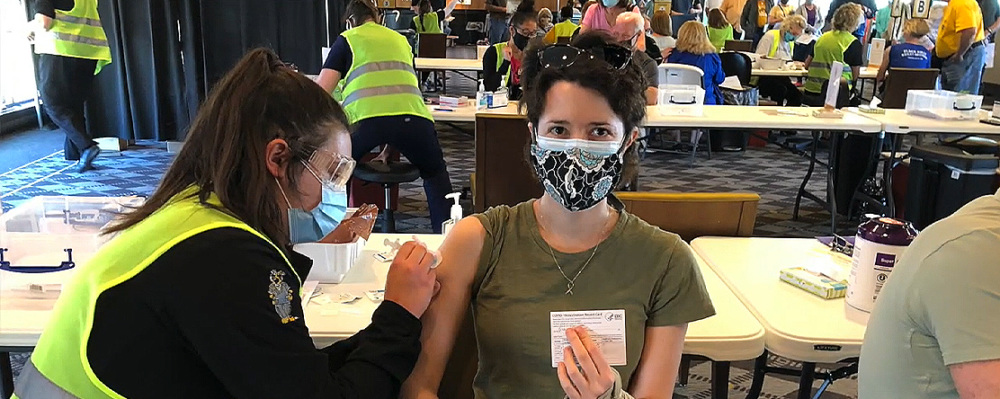

-
Focus Areas
Capacity Building & Leadership, Chronic Disease Prevention, Healthy Communities, Women, Youth & Children -
Issues
Nutrition & Food Security, Violence Prevention -
Expertise
Media Advocacy & Communications, Technical Assistance -
Strategic Initiatives
COVID-19, Vaccine Access & Equity
Biography
Lori Dorfman was BMSG’s first associate director in 1993 and became director in 1998. She earned her doctorate in 1994 from the University of California, Berkeley, School of Public Health, where she studied how television news frames health issues. Dorfman oversees BMSG’s research, media advocacy training, strategic consultation, and education for journalists and consults with programs across the U.S. on a variety of public health issues, helping them apply the principles of media advocacy. Her research examines media portrayals of public health issues, including children’s health, food and beverage marketing, nutrition, breastfeeding, violence, and alcohol, tobacco and other drugs. She co-authored the major texts on media advocacy: Media Advocacy and Public Health: Power for Prevention and News for a Change: An Advocate’s Guide to Working with the Media; she edited Reporting on Violence: A Handbook for Journalists, which encourages journalists to include a public health perspective in violence reporting and led an interdisciplinary team that conducted workshops on violence reporting for newspapers and local TV news stations. She teaches a course on mass communication at the University of California, Berkeley, School of Public Health. Dorfman co-chairs the Food Marketing Workgroup, a national coalition dedicated to eliminating harmful food marketing.
See How Lori Dorfman, DrPH, MPH Contributed to Our Impact
Work With Us
You change the world. We do the rest. Explore fiscal sponsorship at PHI.
Support Us
Together, we can accelerate our response to public health’s most critical issues.
Find Employment
Begin your career at the Public Health Institute.



















